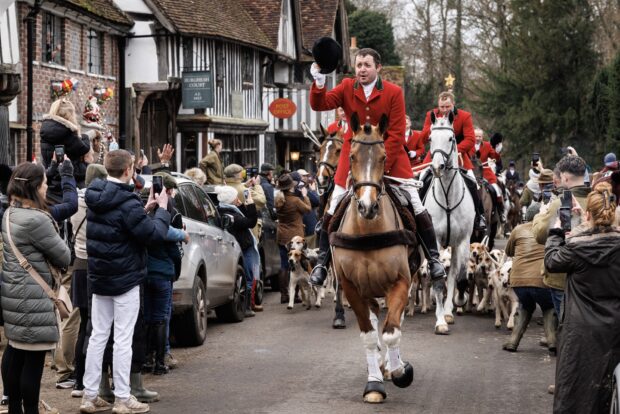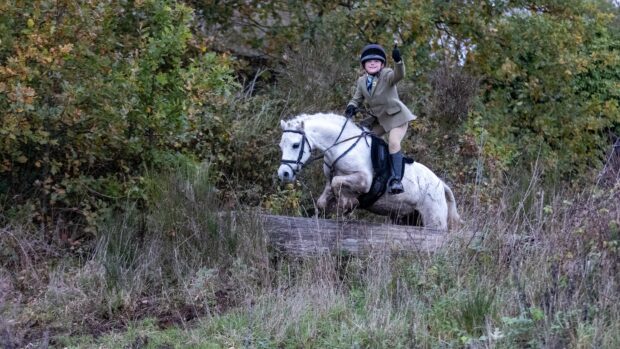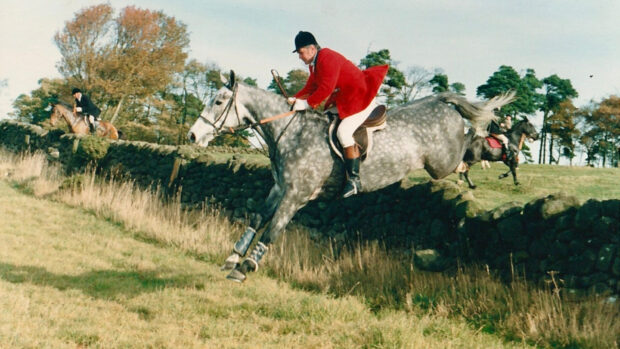During the Burns Inquiry earlier this year, we were often asked why people enjoyed hunting and why they were so desperate to maintain it. It was always the most difficult question to answer.
In Wales, the reasons were the opposite of those in Leicestershire.
The Fell hunters answered differently from the staghunters, the Beaglers’ motivation was at variance with the Lurcher and terriermen. There was one common response, though – everyone loved and respected what they did.
We are often asked, or told, to be more honest about why we hunt. Of course there is a crucial service provided in terms of fox control or deer and hare management; critical, too, are thousands of jobs and the rural economy. Social aspects of hunting are, to many, a good enough argument on their own.
But, in truth, we probably wouldn’t devote the time and energy to something that didn’t mean so much to us in so many different ways. There is no shame in that. In fact, one of hunting’s weaknesses in the past 20 years has been its failure to stand up and say “hunting – I love it”.
Hunting with dogs has been subject to assault for some time now. I don’t believe it is right to blame “ignorant townies”, as many urban people love their hunting too.
Our job isto explain with pride and honesty what hunting means to us – to break down barriers that have crept up over long periods; to welcome people of whom we might be wary; to talk and write to total strangers and to enable hunting to be open and accountable. In short, we must all become individual evangelists for hunting.
Much of the (declining) public opposition to hunting isn’t based on anything more than an uneasy feeling that it is probably easier to be anti than pro.
The Burns report was good for us. It takes a bit of reading, and contains some concerns we need to address. Nevertheless, it does not even hint that a ban is justified, despite our opponents’ attempts to quote selectively from one or two sections.
Burns has enabled the debate to move on to an altogether higher level – that of liberty and tolerance. Those two aspects, unlike hunting itself, are of significance to everyone, especially those who vote.
When the Foster Bill finally ran into the sand, we all looked more earnestly at the long-term promotion of hunting.
“Hunting in the 21st century” was a phrase that caught the eye, but it was greeted with caution by some who thought it might not be a reality. Well it is and, judging by what hunts say across the country,support from farmers and public alike is as good, if not better, than ever.
We’re in for a winter of political hand-to-hand combat, that’s for sure – Brighton was just the start – but if you are wondering whether to order that new coat, buy a new horse, breed a litter from your terrier or Lurcher or plant a new covert, go ahead. It won’t be in vain! For full story, see Horse & Hound issue dated 26 October 2000



